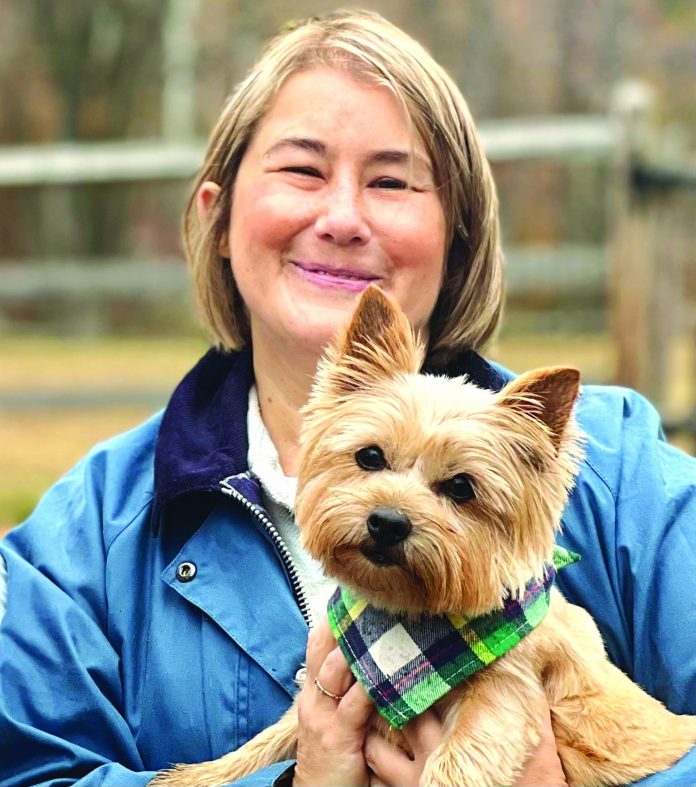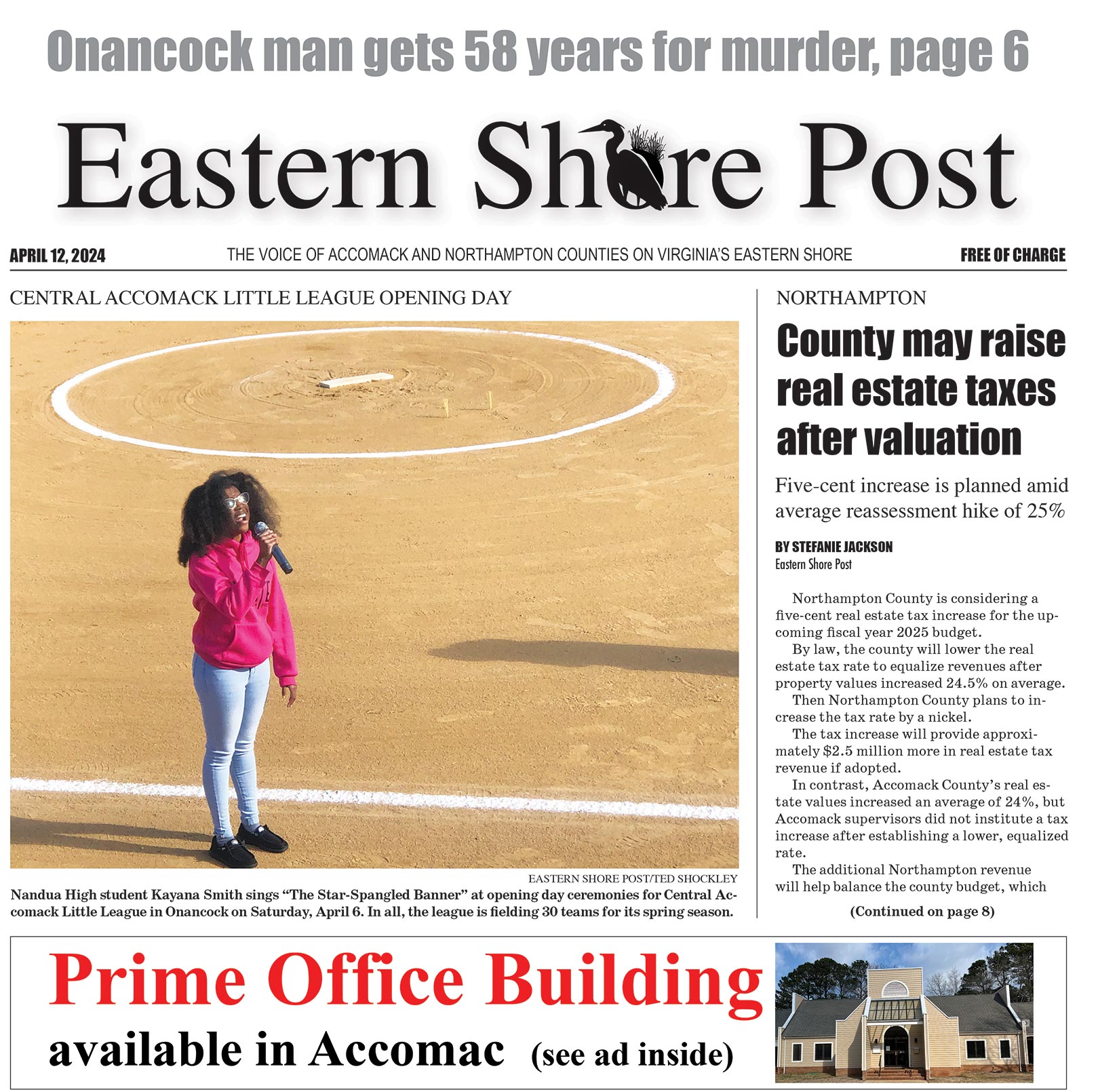By Carol Vaughn —
A 42-year-old Chincoteague woman is in need of a kidney donor.
Amy Schatzman, who moved to her boyfriend’s hometown, Chincoteague, 11 years ago, was diagnosed with chronic kidney disease when she was in her twenties, just after completing graduate school.
Hers is a rare case of polycystic kidney disease, one of only around 5%, that appears not to have been inherited.
“None of my family members have it. It was just a genetic mutation for me,” she said.
Additionally, in 2014 Schatzman was diagnosed with breast cancer, which doctors sucessfully treated.
She was accepted into a kidney transplant program in July, after her eGFR (estimated glomerular filtration rate) showed her kidney function was at 20% or less.
That, and the successful outcome of her cancer treatment, means she is eligible to receive a kidney — the catch is that the wait for a kidney from a deceased donor in the D.C./Maryland/Virginia region is between three and five years.
“I don’t have that long,” Schatzman said in a telephone interview this week.
Often, a relative, spouse, or friend donates one of their kidneys to a patient in need of one, but that has not been possible in Schatzman’s case.
Her parents are in their eighties and not eligible to be a living kidney donor, nor is her boyfriend or other family members.
Schatzman, while on the cusp of needing to start dialysis, is still working, as she did all through cancer treatments.
A person can make an anonymous donation without knowing the recipient personally, and donors can live a normal, health life with only one kidney, according to information from the National Kidney Foundation, https://www.kidney.org/transplantation/livingdonors/general-information-living-donation
Donation costs are covered by the recipient’s insurance.
There also is a comprehensive program, called Donor Shield, backed by the National Kidney Registry, which is designed to support and protect living kidney donors.
“It does not have to be a blood type match. Literally anybody who is healthy enough to donate a kidney can donate. It’s called paired donation,” Schatzman said.
The process saves multiple lives.
In kidney paired exchange, a person has a donor willing to donate a kidney on their behalf, but is incompatible with the donor or wants to try to find a better match. With kidney paired exchange, the donor will donate their kidney to another recipient in exchange for a compatible kidney for the original person.
Read more about paired kidney exchange at
https://www.kidneyregistry.org/for-patients/paired-exchange/
Asking for such a gift is uncharted territory for Schatzman.
Even going through breast cancer was less formidable.
In a open letter seeking a donor, Schatzman wrote that with the breast cancer diagnosis, “although the surgery was formidable and treatments were intense, a detailed plan was laid out for me to stay focused on and gave me my roadmap to survival. Sadly, there is no guide for finding a kidney and this has left me a bit lost and I feel overwhelmed asking for help to find a living donor.”
Schatzman wrote that she wants to be healthy and productive again, saying, “I am young and hope to have a long life ahead of me! I want to continue working, enjoy riding horses again, dancing at live music concerts, playing and hiking with my dogs and traveling the globe. I look forward to a time when I’m not tired or unwell and can live my life to the fullest, able to return the support of family and friends and give back to the world.”
If someone is considering becoming a living donor for Schatzman, there are two ways to start the evaluation process: directly through the National Kidney Registry, https://www.kidneyregistry.org/for-donors/am-i-qualified-to-donate-a-kidney, or through the transplant center at MedStar Georgetown University Hospital, https://mgti.donorscreen.org/register/now or call 202-444-3714.
The person will first register his or her e-mail and then will get a confirmation with a link to continue the medical screening questionnaire.
In the appropriate field, enter Amy Schatzman as the named recipient. The potential donor may need her date of birth, March 27, 1979.
Schatzman is on Instagram, @akidney4amy, and on Facebook.
She may be contacted by email at [email protected] or by text or phone at 703-509-5296.
“I realize I am making a monumental request, but a kidney from a living donor can save my life,” she wrote.



